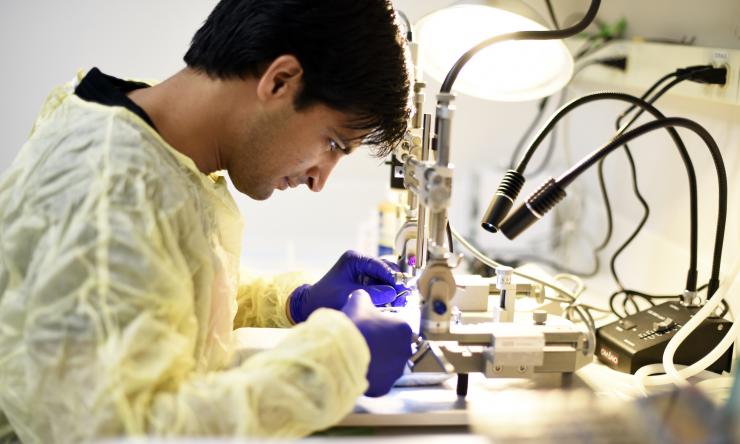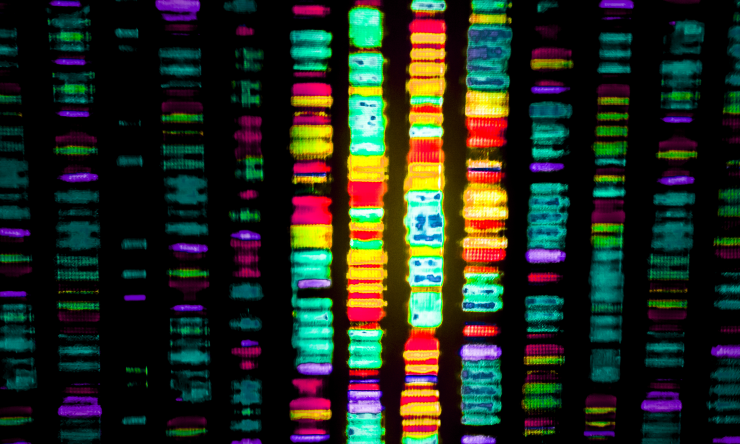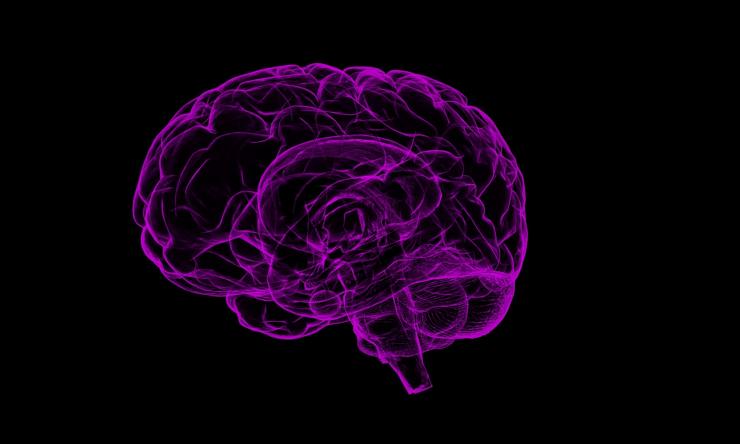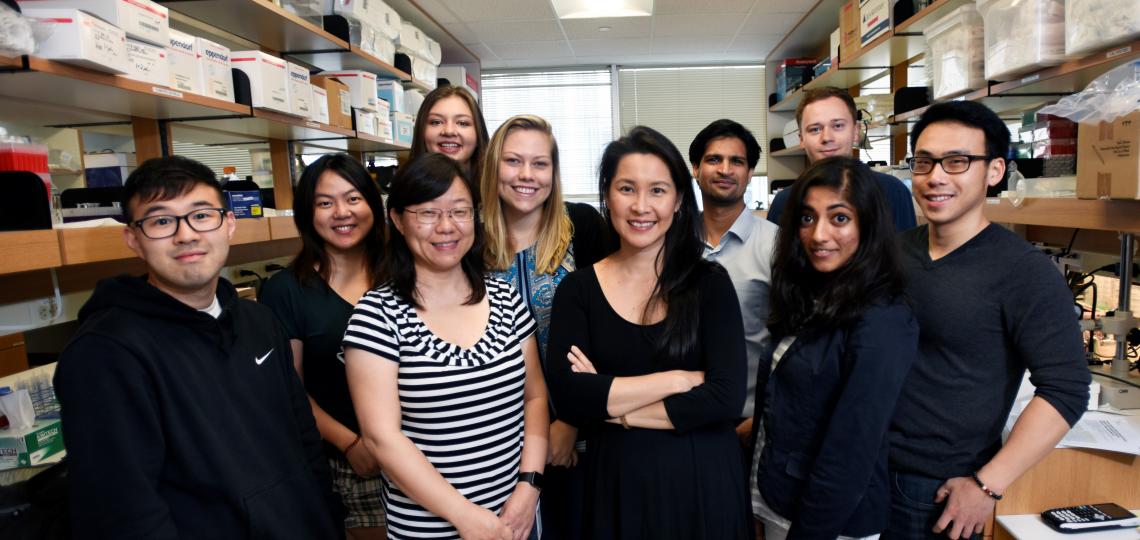
About the Lab
The goal of the Chin Lab is to understand the cellular and network mechanisms underlying cognitive impairments in Alzheimer’s disease and other neurological disorders, and to identify therapeutic entry points for the treatment of these devastating diseases.
We use a multidisciplinary approach that combines biochemistry, molecular biology, in vivo physiology, and behavioral paradigms to identify the cellular alterations that lead to memory deficits in mouse models of diseases like AD and epilepsy. This approach includes video-recorded EEG to characterize patterns of (aberrant) brain activity in individual mice and correlate activity with performance in behavioral paradigms that test different aspects of memory and cognition. We also use biochemical, molecular and imaging techniques to identify links between particular genes and cognitive dysfunction on a mouse-by-mouse basis.
Finally, we use interventional strategies such as pharmacological treatments or viral expression of genes of interest to determine whether we can improve or restore cognition and behavior. This integrated approach allows us to investigate the molecular basis of memory impairments in AD and other neurological disorders, as well as identify and test novel therapeutic entry points for the treatment of these devastating diseases.
Scientific Innovation
In the Chin Lab, in vivo approaches to studying and manipulating brain function in mouse models of disease enable the discovery of novel therapeutic strategies to improve cognition and behavior.
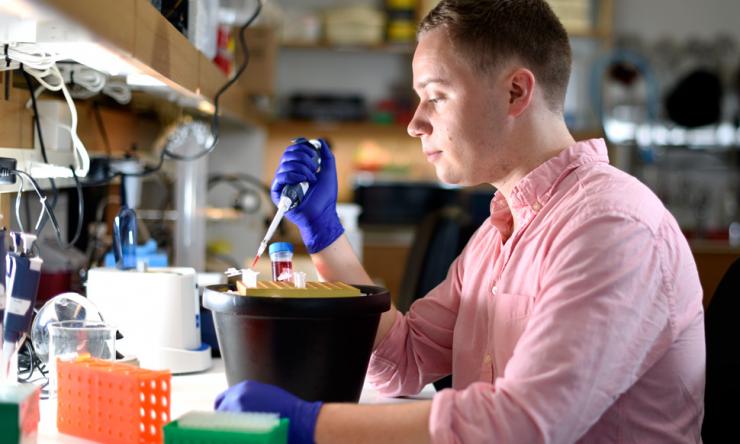
The Key to Discovery
Identification of the molecular mechanisms that drive neuronal dysfunction is key to identifying the next generation of targets for therapeutic development.
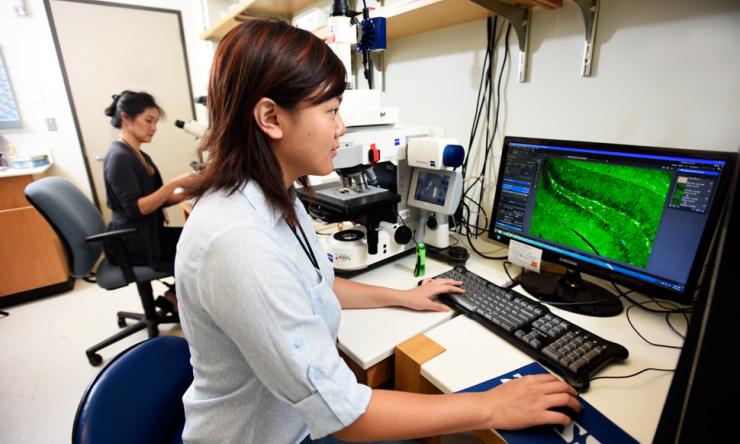
Finding Beauty in the Brain
Visualizing where and how cellular alterations occur in human patients and mouse models is critical to understanding cognitive deficits in neurological disease.
New therapeutic strategy may help PTEN mutation symptoms
While children with mutations in PTEN exhibit autism, macrocephaly, intellectual disability and epilepsy, there are currently no effective treatment options, but a new study by researchers at Baylor College of Medicine offers a potential new approach to therapy.
Alzheimer’s model seizures disrupt adult neurogenesis
Working with animal models of Alzheimer’s disease, a team led by researchers at Baylor College of Medicine discovered that seizures that are associated with the disease both in animal models and humans alter the normal dynamics of neurogenesis in adult brains.








 Credit
Credit